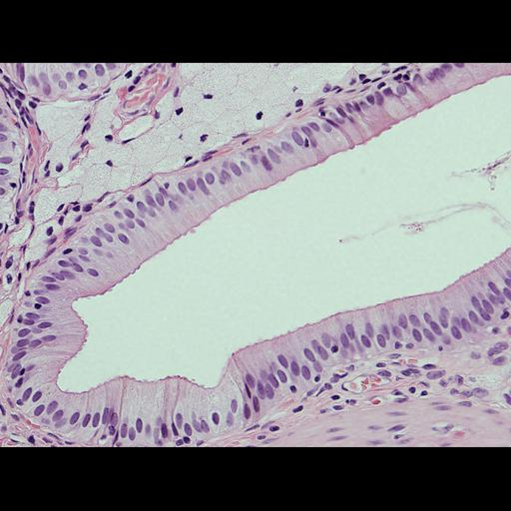BIO 361 Biochemistry 1 (Online)
Department of Biochemistry & Cell Biology
Pre-requisites: C or higher in BIO 202 or equivalent; C or higher in CHE 322 or 332
or equivalent or permission of instructor

Courtesy of William Karkow, Cell Images Library
SUMMER 2024 Schedule
SUMMER 2024-Extended Session 1
May 20th – July 12th, 2024
Faculty: Stefan Tafrov, PhD
Online Administration: Kristen Slovak, MA
Stony Brook Students: Upper Division Biology Course
Non-Stony Brook Students – Check with your Institution for Transfer Info.
Click here for Summer 2024: BIO 361 SYLLABUS
This course is an asynchronous online course except for the Three Mandatory Synchronous exams given in the evening as listed below. STUDENTS MUST HAVE RELIABLE INTERNET, A COMPUTERS, A WEBCAM AND A MICROPHONE TO TAKE THIS COURSE.
Mandatory Exam 1: Tuesday, June 4th: 6:30 -8:30 PM
Mandatory Exam 2: Tuesday, June 25th: 6:30-8:30 PM
Mandatory Exam 3: Thursday, July 11th: 6:30-8:30 PM
To Register go to: https://www.stonybrook.edu/summer/
Any student who, after registering at Stony Brook University and accessing Solar, needs permission to register for this course should contact Lynette Giordano at Lynette.Giordano@stonybrook.edu for permission.
Major Objectives of this Course
Biochemistry is the study of the chemical processes in living organisms. Students will learn the molecular basis of many diseases. Biochemical knowledge will guide students in making health decisions in their life and help them in pursuing biomedically related careers. By completing this course, students will:
- Know the structure and function of the basic component molecules in a cell: sugars, polysaccharides, lipids, amino acids, proteins, nucleic acids. Know how these components are polymerized and the functions of these biological polymers.
- Be able to identify the levels of protein structure. Describe the physical and chemical forces that stabilize these structures. Know how the primary sequences of proteins are determined. Know the features of the three-dimensional structures of proteins. Interpret enzyme kinetics data and describe the catalytic mechanisms of representative enzymes. Be familiar with the basic thermodynamics of biochemical reactions and understand the bioenergetics of the multiple enzyme reactions in the cell.
- Know the major pathways in central metabolism. Be able to identify the key regulatory points, the energetics of the reactions and the key chemical transformations involved.
- Gain a deep appreciation and understanding of how all living organisms are connected by key chemical principles and biological pathways.
- Recognize and understand some of the key functional differences in biochemical pathways as well as the effects of possible errors/mutations.
